Aggressive US strategy in Asia-Pacific will backfire: Scholar
The United States is pursuing aggressive policies in the Asia-Pacific region under the guise of “freedom of navigation” exercises but this strategy will backfire as China increases its hold on the South China Sea, says Dennis Etler, an American political analyst who has a decades-long interest in international affairs.
On Wednesday, China warned the United States that its risky military actions near disputed islands would not affect Beijing’s resolve to protect its interests in the South China Sea.
“China won’t be scared by any so-called military ship or aircraft, and we will only even more staunchly all necessary steps to defend the country’s sovereignty and security, to protect the peace and stability of the South China Sea region,” Chinese Foreign Ministry spokeswoman Hua Chunying said after reports emerged that two US Air Force B-52 bombers had flown near disputed islands in the region.
Hua said despite claims by Washington that China is militarizing the South China Sea by building facilities on disputed reefs and small islands, it was in fact the United States' actions, like sending “this type of offensive weapon”, that could be counted as a form of militarization.
“Running amuck is risky,” said the official, urging the US to stop hyping up the issue of militarization and provoking trouble.
US over-played its hand
“The US has persistently over-played its hand in the South China Sea forcing China to respond to its incursions in the region with ever increasing vigor. A look at the time line of the conflict shows that it began to escalate once US President Obama declared a policy shift in November, 2011 dubbed the ‘Asian pivot’ in which he announced a US military re-balancing towards the Asia-Pacific away from the Middle East, “ Etler, a former professor of Anthropology at Cabrillo College in Aptos, California, said in an interview with Press TV on Thursday.
“The change in US deployment of forces in which 60 percent of its military power was to be shifted to the Asian-Pacific region could only be seen by China as a direct threat to its security and claims of sovereignty over the South China Sea. Coincident with the change in US force projection in the region, Vietnam began land reclamation efforts at territories it claims in the South China Sea and the Philippines began asserting its claims as well,” he added.
“As a result of what it saw as provocations initiated by the US shift in geo-political strategy China began its own program of island reclamation in the South China Sea in order to reinforce its long standing claims of sovereignty,” he stated.
“The South China Sea is a major conduit for maritime trade with China and vital to its national security. Its claims in the region are echoed by the Republic of China administration on the Chinese island province of Taiwan, demonstrating that China’s claims there are based on historical precedence and are not a recent invention,” the analyst said.
China’s economic and political rise
"As China’s economic and political power continues to grow both regionally and globally the US has become more and more strident in its policy of trying to contain and derail its rise. By reallocating its naval and air forces to the Asian Pacific region and supporting rival claimants to territories in the South China Sea the US represents a clear and present danger to China’s sea lanes and the possibility of US interdiction of them in case of any conflict that could develop in the future. China’s assertion of sovereignty in the South China Sea must be seen as a direct response to that threat,” he said.
“The US in turn has taken the defensive actions of China as an excuse to pursue more aggressive policies in the region under the guise of ‘freedom of navigation’ exercises. This has led to a tit-for-tat response from China whereby it has reinforced its presence on the reclaimed territory it claims. The US has used this predictable response of China in defense of its vital interests as a cynical ploy to challenge China in its own backyard,” the academic observed.
“This strategy by the US will however backfire as China increases its hold on the South China Sea and seeks to accommodate rival claimants by entering into joint agreements to exploit its resources. China does not threaten anyone by exercising its sovereign rights and is more than willing to ensure safe transit through and equitable development in the region. It is the US that is attempting to roil the seas and fish in troubled waters,” he concluded.
South Korean civic leaders demand peace with North
VIDEO | Iran foreign-backed terrorist attacks: Italian diplomats decry US-Israel interference
VIDEO | Israel demolishes UNRWA structures in East al-Quds
VIDEO | Press TV's news headlines
VIDEO | 100+ days of ceasefire: Israeli killing of Palestinians continue amid Intl. silence and impunity
VIDEO | EU split over new Iran sanctions amid claims of double standards
VIDEO | Gaza’s silent plague: Mysterious virus claims lives amidst total medical collapse
VIDEO | Growing transatlantic rift








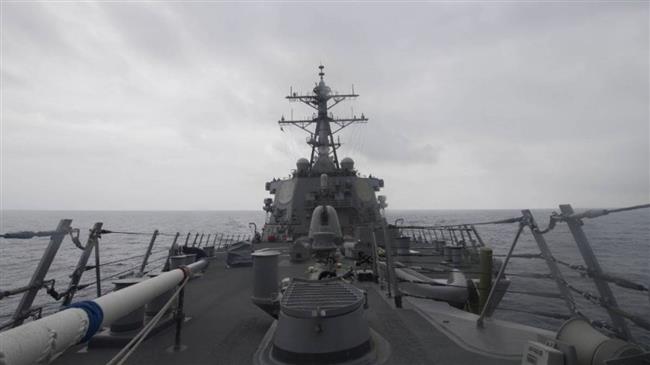
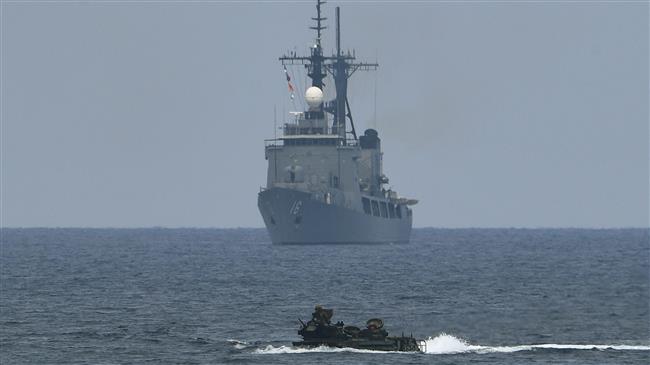
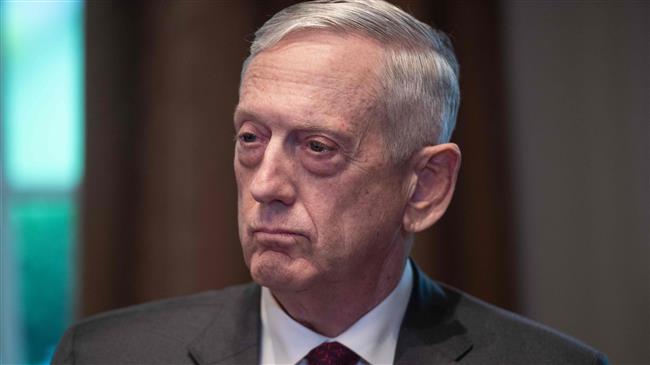

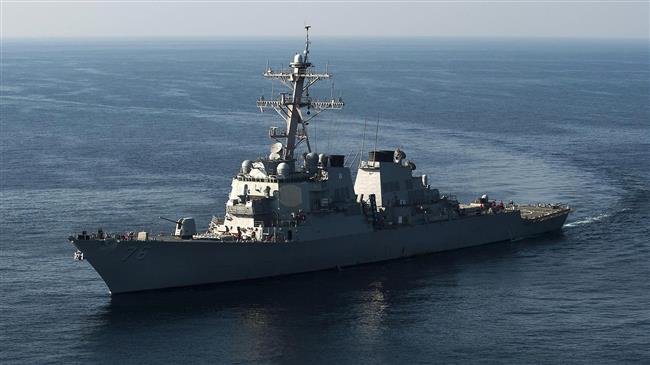
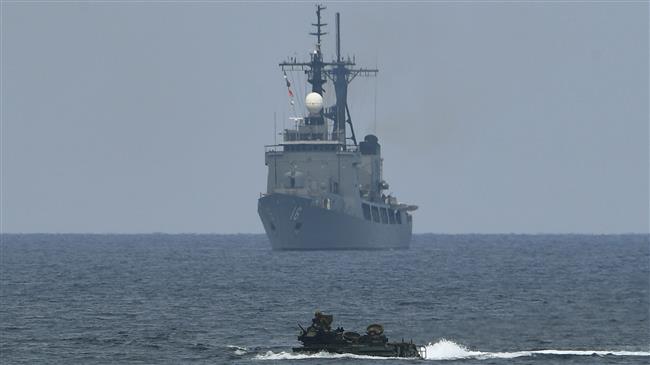
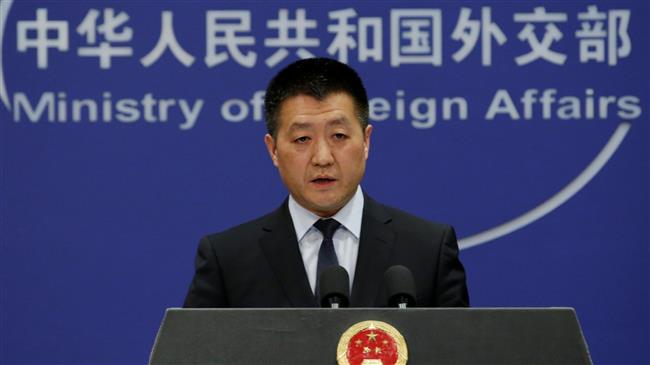
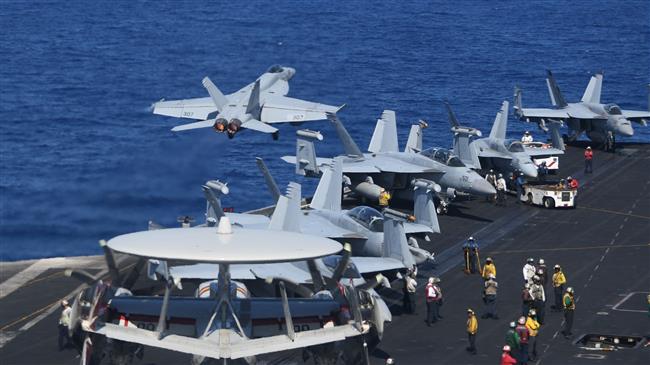

 This makes it easy to access the Press TV website
This makes it easy to access the Press TV website